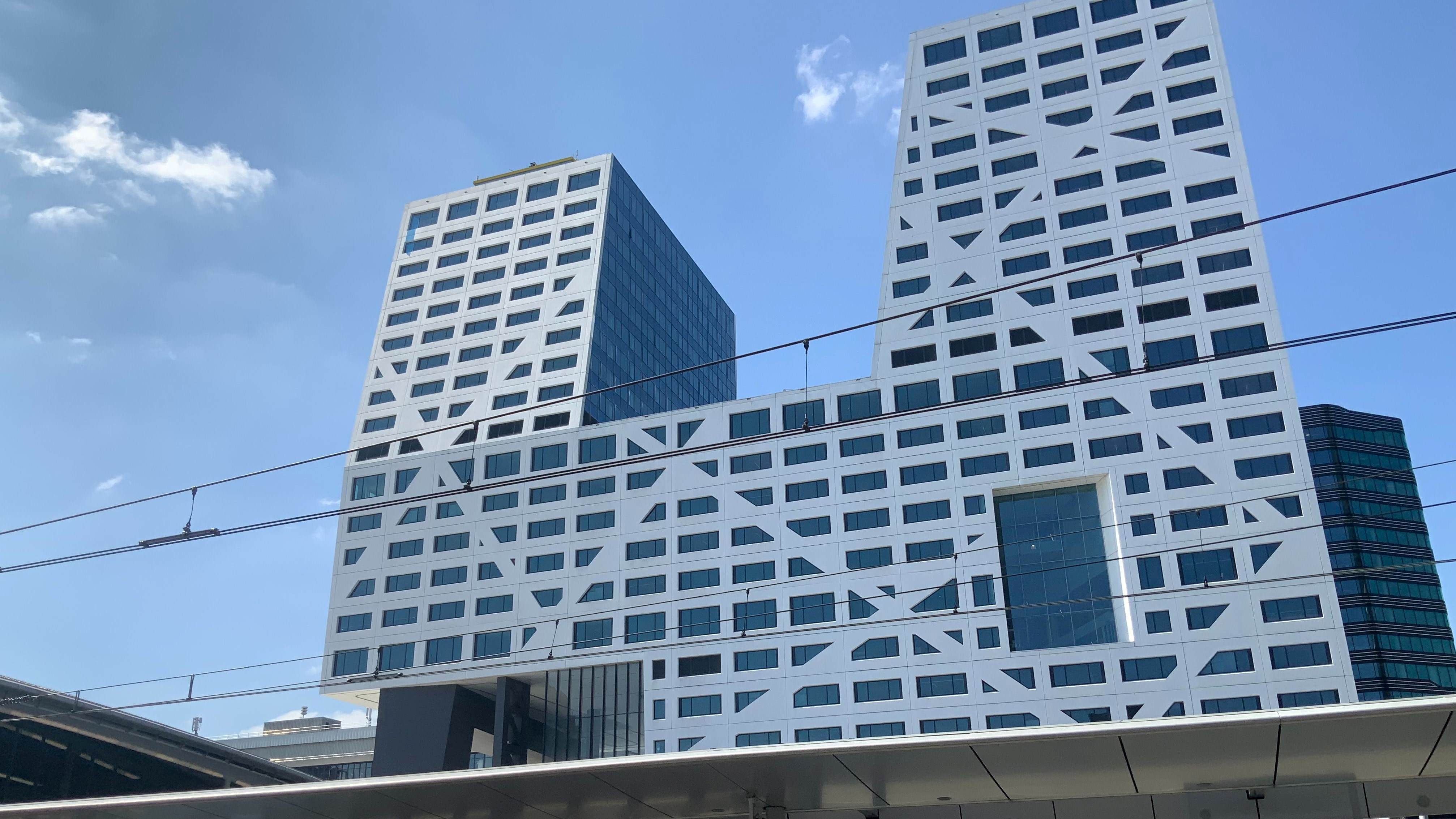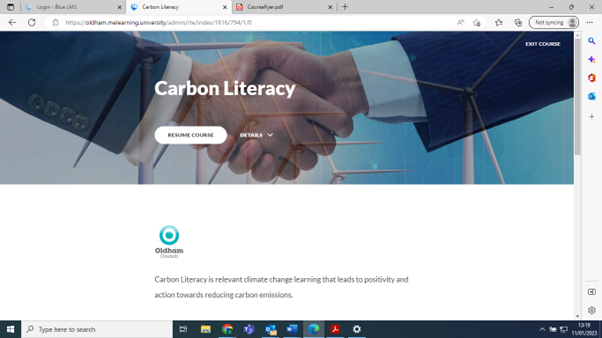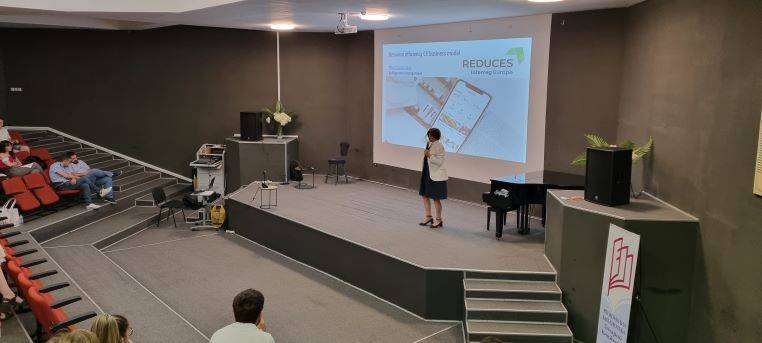Maramureș County, as a partner in Reduces project, is working these days in crystallizing the Action Plan targeted to present how, based on the lessons learnt from the partners' regions, different tools can be implemented to improve the policy instrument.
Firstly, together with our consultant, we send pools to be filled and answered by several significant stakeholders to find out their vision about how can their work be involved in the Circular Economy. Then, after a vigorous debate and an extended analysis of the data gathered with the consultant and based on the Status Quo of Circular Economy in the county, the main conclusion was that Maramureș County has to focus on improving the management of the waste, particularly construction and demolition waste.

The final decision regarding the themes of Maramures's future Action Plan in Circular Economy was based on the County's Strategy 2014-2020, which has two relevant priorities: increasing- the degree of material recovery and energy resources and ensuring the quality of the environment and natural and anthropogenic risk reduction in the county.
Shortly, in order to extend, modernize and make more efficient the waste management system in North West Region and Maramureș County, the components of future Action Plan in the field of Circular Economy target two significant actions:
- An efficient management of the construction and demolition waste (CDW), which will focus on increasing the recycling of construction and demolition waste and the reuse of products and components resulting from the dismantling of buildings
- Improve waste identification, sorting and recycling by using software technology to inform, build capacity and connect citizens with the public services, which will focus on data collection, analyse and develop of waste management software that will enable Maramures county waste service administrator to improve the monitoring activity.
The objectives of the first action are: increase the circularity of the construction sector and reduce the environmental impact from the construction and demolition waste, reduce the illegally abandoned construction and demolition waste, and identify innovative solutions for integration of waste resulting from dismantling of buildings in other construction materials. While the second action’s objectives are: improving public services through better control and evaluation of valuable waste streams by informing and educating citizens and facilitating citizens' connectivity to public services.

The inspirational best practices for the two actions mentioned above are those gathered from INSERT (marketplace for reusable building materials, trees and plants) and Bouwhub (a platform for inner-city building projects logistics), both Dutch companies for the first action, and Waste Logistics (a ‘track and trace’ system that uses data aggregation to provide insights into the value chains in waste management, developed by a company from Greater Manchester) for the second action.
Finally, we plan to organize in the near future a stakeholders meeting in which we will present the draft of Maramureș's Action Plan, discuss it and maybe improve it furthermore.
Gheorghe Paul Szaniszlo
Senior Counselor, Office of International Relations
Communication Expert in the REDUCES project











